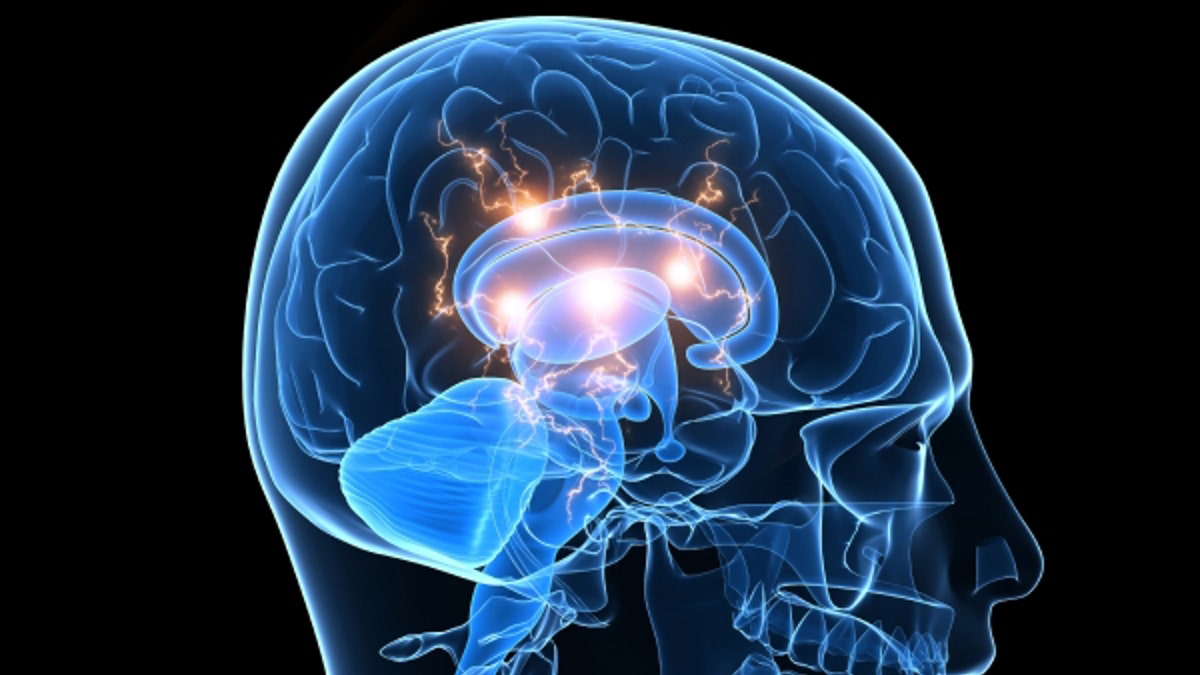
Researchers have identified a gene associated with schizophrenia that they say may help explain the biological process of the disease.
About 1 percent of the population suffers from schizophrenia, with the risk increasing if a first-degree relative suffers from the disease, according to the news release. While scientists haven’t determined the exact cause of schizophrenia, they have found several genes that are associated with increased risk.
The study, published in Biological Psychiatry, found that too much protein expressed by the NOS1AP gene, one determined to be associated with schizophrenia, causes abnormalities in the brain structure, and disrupts connections between nerve cells that prevent them from communicating properly, according to a news release.
Using rats, the team of Rutgers University researchers found that too much protein stunted the cells dendrites, which are essential in cell communication.
Bonnie Firestein, researcher and professor in the Department of Cell Biology and Neuroscience said the protein in brain cells prevented the dendrites from branching out, which disrupted the area of the brain responsible for high-functioning skills like spatial reasoning, conscious thought, motor commands, and sensory perception.
“When the brain develops, it sets up a system of the right type of connectivity to make sure that communication can occur,” Firestein said in the news release. “What we saw here was that the nerve cells didn’t move to correct locations and didn’t have dendrites that branch out to make the connections that were needed.”
Schizophrenia affects the prefrontal cortex of the brain, which matures in adulthood. Firestein believes the team’s research may lead to new drug therapies for adolescents that can target that area of the brain.
“The next step would be to let the disease develop in the laboratory and try to treat the over expression of the protein with an anti-psychotic therapy to see if it works,” Firestein said.







































